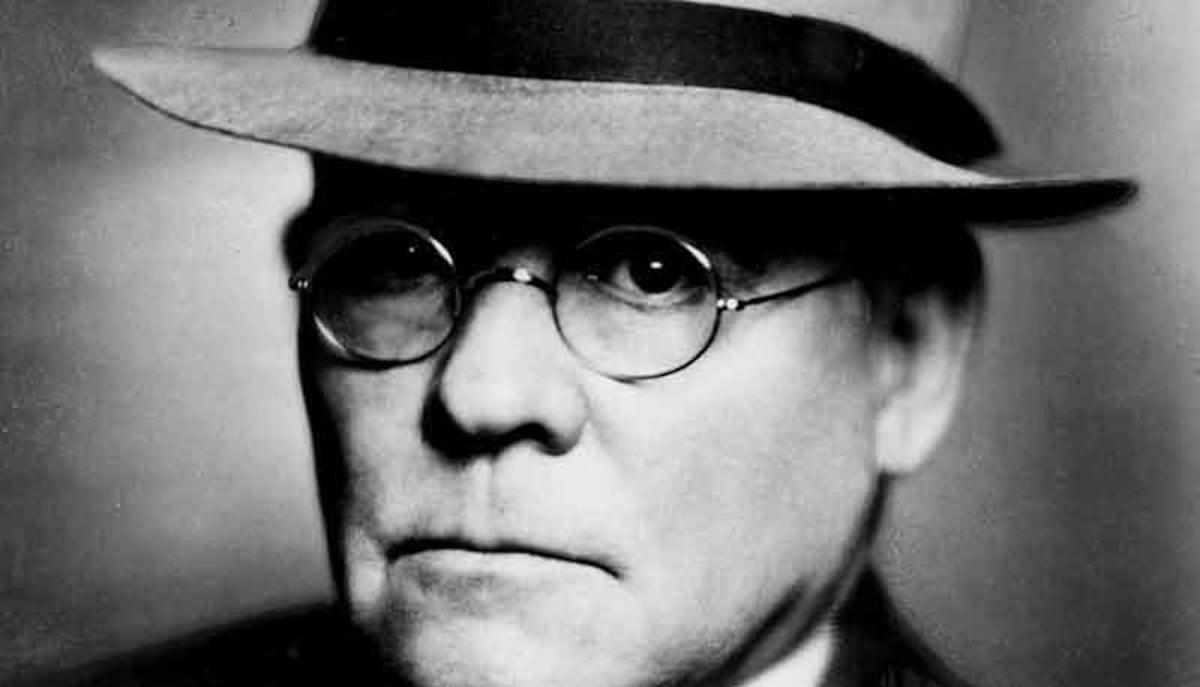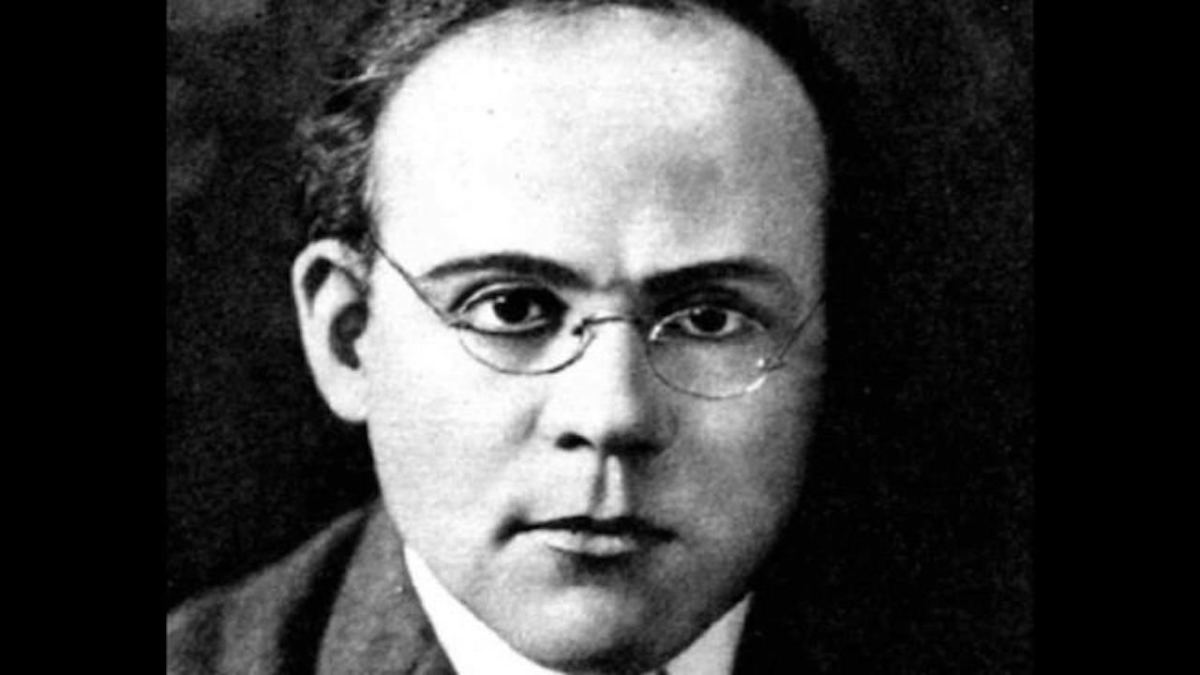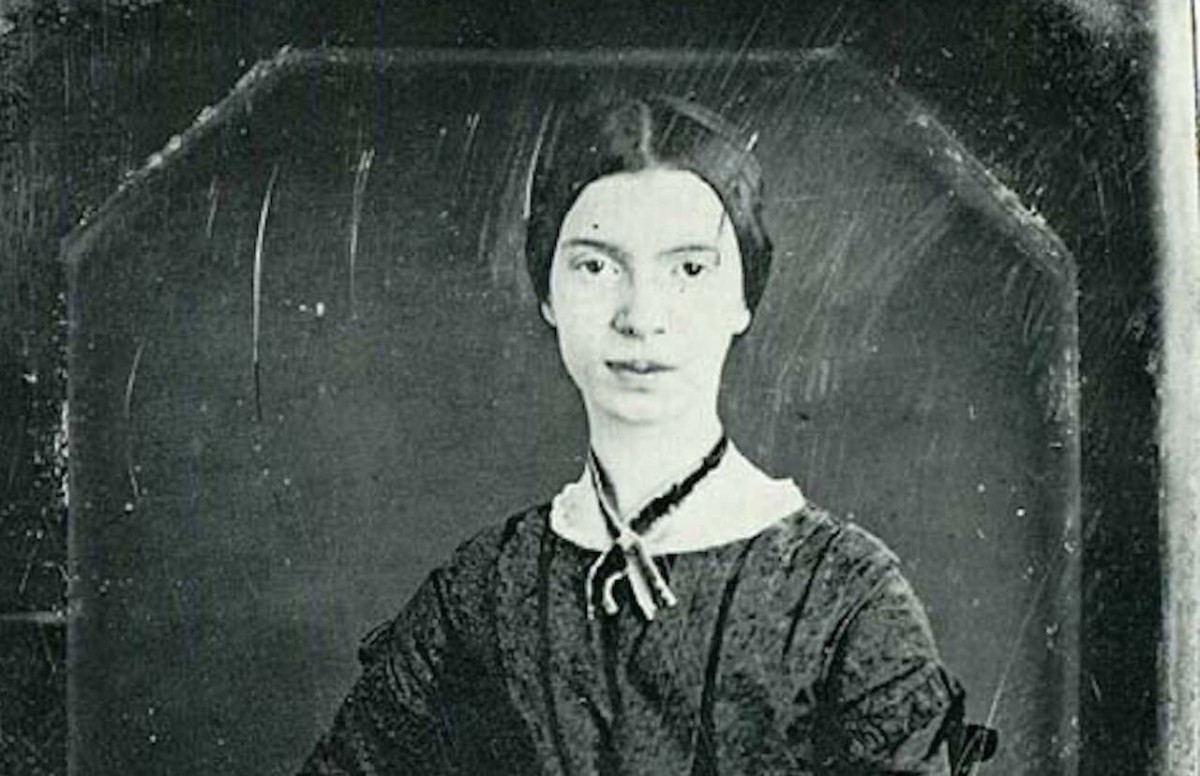Edgar Lee Masters’ "Kinsey Keene" and "'Ace' Shaw"
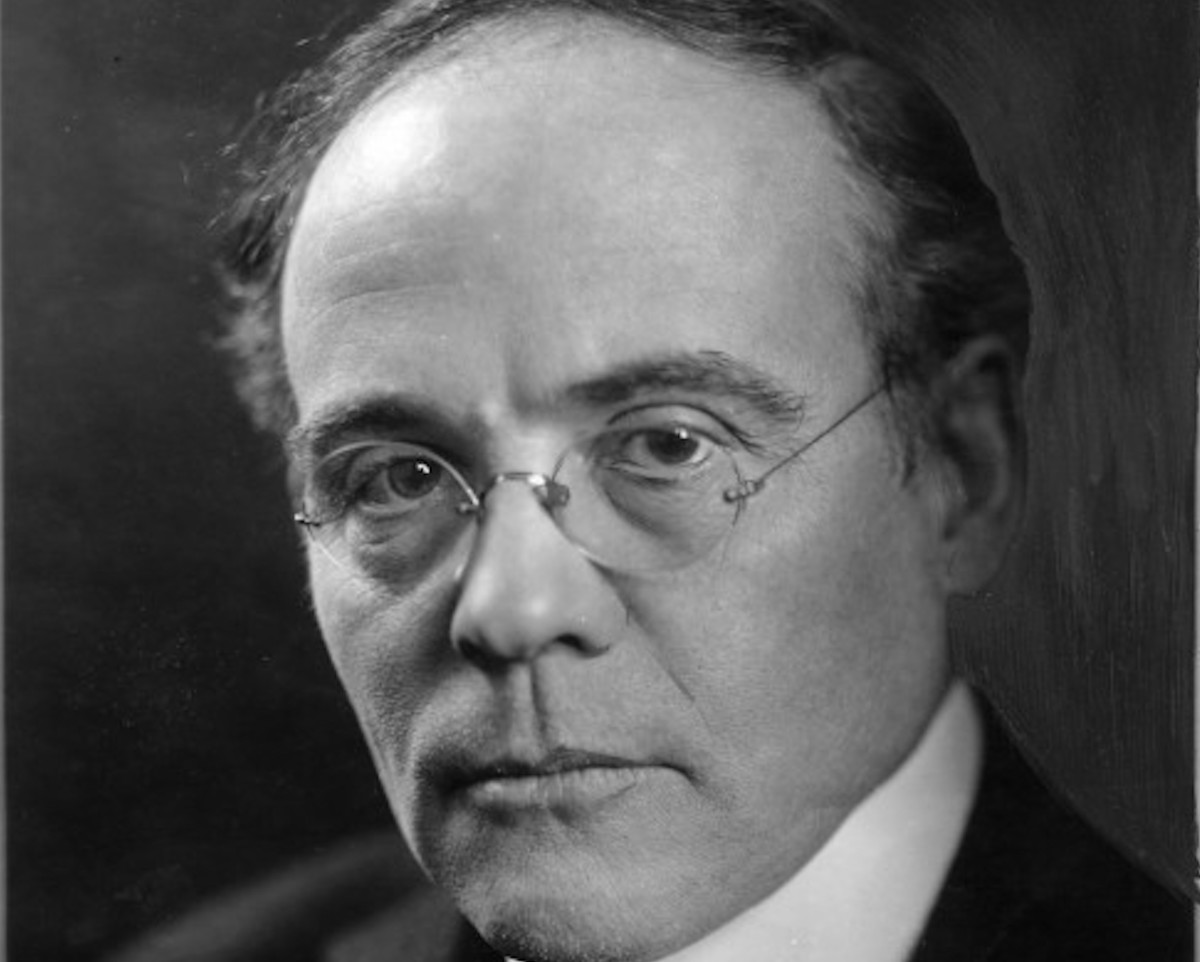
Introduction and Text of "Kinsey Keene"
Edgar Lee Masters’ "Kinsey Keene" from his American classic Spoon River Anthology focuses on a legendary quotation by the French commander General Count Etienne Cambronne at the losing end of the Battle at Waterloo.
When the British were about to vanquish the Old Guard, British Major-General Peregrine Maitland called for the French to surrender, but Cambronne allegedly responded, "La Garde meurt, elle ne se rend pas!"—"The Guard may die, but it will never surrender." Cambronne repudiated the claim that he said those words, and legend has filled in the rest—claiming that he said, "Merde!" which translates variously as "F**k off!" or "Shit!"
Now to which legendary quotation Master’s speaker is alluding can be a matter of interpretation: that he fails to offer the quotation might indicate that he has in mind the obscenity.
However, because he has already quoted the British Major-General’s command, he perhaps is implying the response about no surrender. Regardless of which quotation the speaker is evoking, the same non-conformist, adversarial attitude is displayed by Kinsey Keene.
Kinsey Keene
Your attention, Thomas Rhodes, president of the bank;
Coolbaugh Whedon, editor of the Argus;
Rev. Peet, pastor of the leading church;
A. D. Blood, several times Mayor of Spoon River;
And finally all of you, members of the Social Purity Club—
Your attention to Cambronne’s dying words,
Standing with the heroic remnant
Of Napoleon’s guard on Mount Saint Jean
At the battle field of Waterloo,
When Maitland, the Englishman, called to them:
"Surrender, brave Frenchmen!"—
There at close of day with the battle hopelessly lost,
And hordes of men no longer the army
Of the great Napoleon
Streamed from the field like ragged strips
Of thunder clouds in the storm.
Well, what Cambronne said to Maitland
Ere the English fire made smooth the brow of the hill
Against the sinking light of day
Say I to you, and all of you,
And to you, O world.
And I charge you to carve it
Upon my stone.
Commentary on "Kinsey Keene"
Edgar Lee Masters’ "Kinsey Keene" offers a unique conundrum which requires readers to ruminate upon the two legendary claims regarding a famous quotation.
First Movement: Addressing the Upper Crust
Your attention, Thomas Rhodes, president of the bank;
Coolbaugh Whedon, editor of the Argus;
Rev. Peet, pastor of the leading church;
A. D. Blood, several times Mayor of Spoon River;
And finally all of you, members of the Social Purity Club—
Kinsey Keene addresses some of the upper crust of the fictional town of Spoon River: the president of the bank, the editor of the newspaper, the pastor of the leading church, and a "several times" mayor of the town. He also calls for the attention of "all of you, members of the Social Purity Club"—a fictional club that implies Keene’s disdain for the town’s leaders.
Second Movement: Allusion to a Legend
Your attention to Cambronne’s dying words,
Standing with the heroic remnant
Of Napoleon’s guard on Mount Saint Jean
At the battle field of Waterloo,
When Maitland, the Englishman, called to them:
"Surrender, brave Frenchmen!"—
The second movement reveals that Keene is drawing attention to those famous, legendary words of the dying French commander, General Count Etienne Cambronne. Instead of revealing the words, Keene describes the scene: the French general was "standing with heroic remnant / Of Napoleon’s guard on Mount Saint Jean / At the battle field of Waterloo." Thus placed, Cambronne was accosted by the command of the British general Maitland, who demanded, "Surrender, brave Frenchmen!"
Third Movement: A Lost Battle
There at close of day with the battle hopelessly lost,
And hordes of men no longer the army
Of the great Napoleon
Streamed from the field like ragged strips
Of thunder clouds in the storm.
Again, Keene describes the battlefield. It is "at close of day," the battle lost, and the once proud French army of "the great Napoleon" was moving restlessly from the battlefield. He compares the appearance of soldiers to "ragged strips / Of thunder clouds in the storm."
Fourth Movement: What Did Cambronne Say?
Well, what Cambronne said to Maitland
Ere the English fire made smooth the brow of the hill
Against the sinking light of day
Say I to you, and all of you,
And to you, O world.
And I charge you to carve it
Upon my stone.
Keene then inserts the phantom quotation by referring to it with the clause "what Cambronne said to Maitland." Before the English continued to demolish the "brow of the hill / Against the sinking light of day," Cambronne made his famous remark. Now, Keene defiantly thrusts that same statement at his adversaries and challenges them to engrave the remark upon his grave marker.
Of course, the French lost the Battle of Waterloo and Napoleon was exiled. Historians remain uncertain regarding the Cambronne quotation: perhaps he merely said, "The Guard dies but never surrenders," or as others have asserted, Cambronne might uttered the obscene, "Merde!" French for "Shit!"
This final command to carve the Cambronne quotation upon his stone leaves the reader again with the ambiguity for interpretation: does Keene want an obscenity carved upon his stone, or just a defiant, "never surrender"? Either way, he gets his point across—that he never surrendered his own sense of dignity to that of the town’s corrupt leaders.
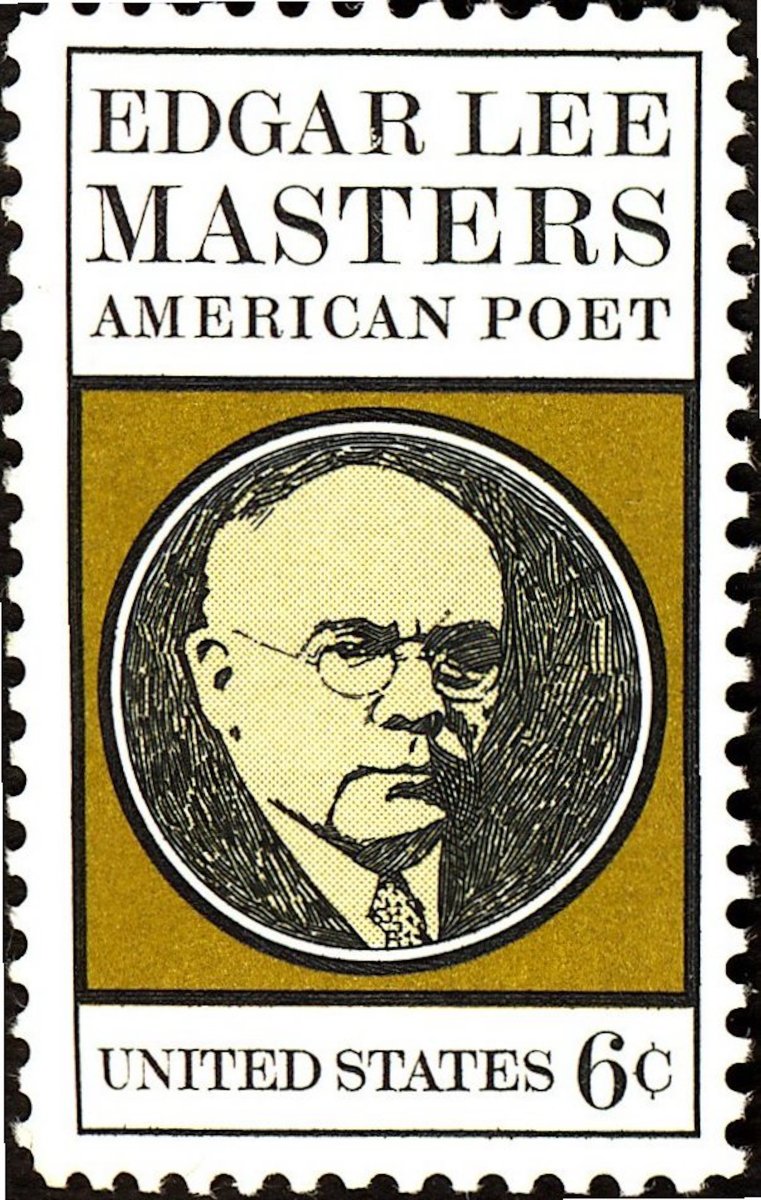
Introduction and Text of "'Ace' Shaw"
Edgar Lee Masters’ "‘Ace’ Shaw" from Spoon River Anthology attempts to achieve justification of his unseemly choice of vocation by asserting that all jobs are simply the result of "chance."
The epitaph featuring the character of "Ace" Shaw therefore, reveals and features a typical Spoon River braggart whose report unveils a dodgy personality, whose report attempts to justify his unseemly choice of profession.
"Ace" Shaw
I never saw any difference
Between playing cards for money
And selling real estate,
Practicing law, banking, or anything else.
For everything is chance.
Nevertheless
Seest thou a man diligent in business?
He shall stand before Kings!
Commentary on "'Ace' Shaw"
Nicknamed for his chosen profession, "Ace" Shaw is attempting to rehabilitate his reputation as a gambler by claiming that all professions operate on the element of "chance."
First Movement: A Gambler
I never saw any difference
Between playing cards for money
And selling real estate,
Practicing law, banking, or anything else.
"Ace" Shaw, whose nickname identifies him as a gambling man, claims that to him lawyers, bankers, real estate agents, and all others working in any profession or job for money are all gamblers, that is, all those professions are no different from "playing cards for money."
Point of view is always the most important issue in determining the conclusions each individual will form. "Ace" being a gambling man, and one who is apparently dedicated to his craft, then views his choice as noble and as dicey as the next guy’s. In order to accomplish this rationalization, he has to filter out the actual impact that each profession has on society.
To this type of personality, narcissistic, egotistic, self-centered to the extreme, others do not matter so long as they render unto him what he thinks he deserves. That gambling for money offers no service to society does not enter into Ace's estimation in determining worth—only the ability to acquire money is his measure. And by that simplistic measure, the gambler does have a point.
However, Ace does not seem to understand that bankers, lawyers, real estate agents, and members of other professions such a medicine, education, media, or even public service actually provide a service to society for which they are remunerated according to the level of service.
That each professional might fail at his work is enough for Ace, and his ilk, to denigrate all of the potential service providers to little more than gamblers, like himself. This line of thinking punishes the good for not being perfect.
Second Movement: Life of Choices
For everything is chance.
Ace claims that everything one does in life remains a gamble. But some things are more fraught with the possibilities for negative occurrences than others. If "everything is chance," and nothing is sure, then why not set one’s goal higher than mere card playing?
Why not do something that offers a real service? The only answer is that Ace prefers the life of a cardsharp; at the same time, intuitively, he knows his choice is less honorable than the bankers and lawyers he tries to belittle in order to make himself seem more important.
Third Movement: Lazy Man's Philosophy
Nevertheless
Seest thou a man diligent in business?
He shall stand before Kings!
Ace is lazy. So instead of explaining his circumstances in order to prop up his choice, he simply quotes Proverbs 22:29: "Seest thou a man diligent in business? / He shall stand before Kings!" By introducing the quotation with "nevertheless," Ace appears to be contradicting his earlier claims, but his personality would not allow such humility.
The gambler is once again simply justifying his choice by claiming that his proficiency will stand him in good stead. The gambling Ace will "stand before Kings"—and not before the "mean" men who appear in the line, "he shall not stand before mean men," which follows the two lines from Proverbs that Ace quotes.
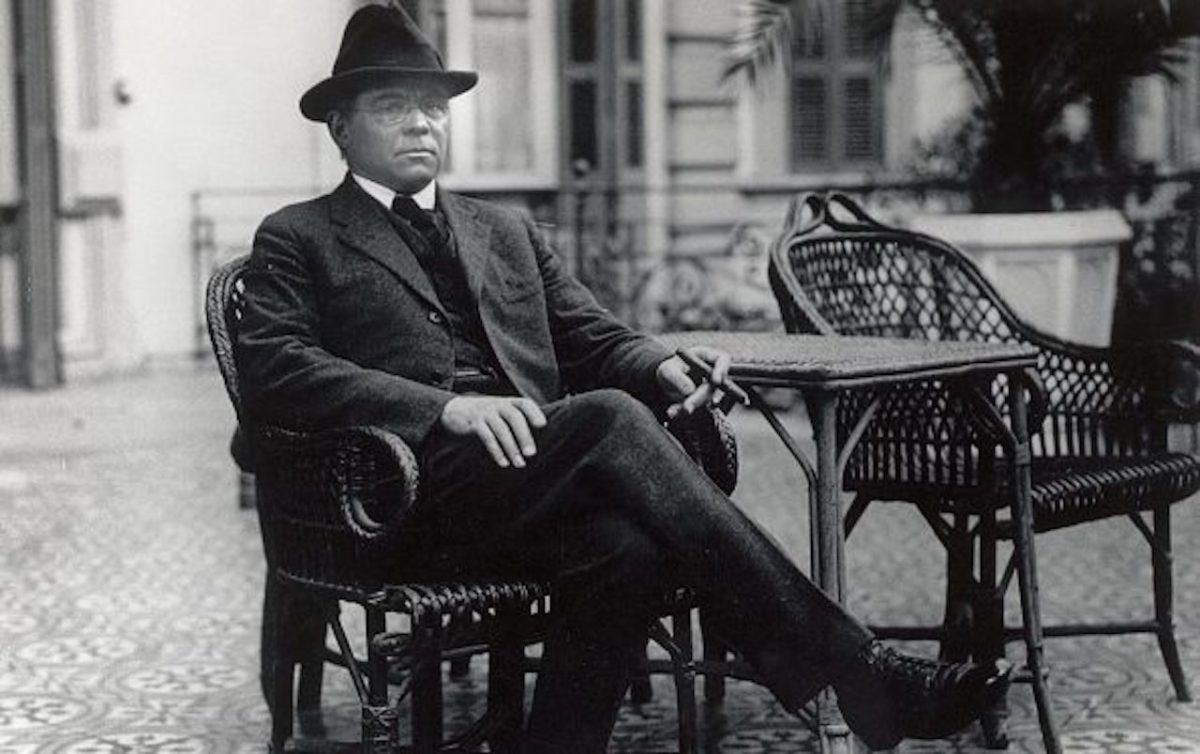
Related Edgar Lee Masters Information
- Life Sketch of Edgar Lee Masters - Edgar Lee Masters’ American classic Spoon River Anthology brought the poet into the literary spotlight, and no other work from his extensive writings has attracted more attention, including his sequel to Spoon River The New Spoon River.
Commentaries on Other Edgar Lee Masters Poems
- Edgar Lee Masters’ "The Hill" - The poem "The Hill" opens Edgar Lee Masters’ American classic Spoon River Anthology, which is told in a series of dramatic epitaphs by the deceased residents of Spoon River, an imaginary town in Illinois. The work might be considered a character study in poetry.
- Edgar Lee Masters’ "Hod Putt" - Hod Putt considered himself a loser in life, but he envied those who were successful.
- Edgar Lee Masters’ "Fiddler Jones" and "Barney Hainsfeather" - Fiddler Jones is one of the less melancholy figures of Spoon River, though he has his trials as well. Barney Hainsfeather's epitaph reveals a unique complaint of a man who laments being buried in the wrong cemetery.
- Edgar Lee Masters’ "Robert Fulton Tanner" DiscoverHubPages - Fulton is a pathetic character, who discovers that literally building a better mouse trap might only provide a cliché to fling at this thing vaguely called "Life.
The "Minerva Jones" Sequence
1. "Minerva Jones." DiscoverHubPages. The "Minerva Jones" epitaph features one of the most depraved characters of the Spoon River talking dead. She is self-absorbed and haughty, lacking empathy and self-awareness, causing her to remain ignorant of her own discordant thoughts.
2. "'Indignation' Jones." Owlcation. In the second epitaph of the "Minerva" series, the poetess’ father, "Indignation" Jones, fulminates against Spoon River society.
3. "Doctor Meyers." Owlcation. The third epitaph in the Minerva Jones series features "Doctor Meyers," who performed the abortion that led to the death of the unfortunate poetess.
4. "Mrs. Meyers." Owlcation. In the fourth epitaph in this series,"Mrs. Meyers," Dr. Meyers' wife testifies that her husband, whom she calls "poor soul," reaped what he sowed for his actions in life. The religious woman offers advice for a pleasant and peaceful life, reminding humanity to "Love God and keep his commandments."
5. "'Butch' Weldy." Owlcation. The fifth and final epitaph "'Butch' Weldy" concludes the "Minerva" series. Butch declaims about his ordeal after a work related accident—with nary a nod to Minerva.
This content is accurate and true to the best of the author’s knowledge and is not meant to substitute for formal and individualized advice from a qualified professional.
© 2024 Linda Sue Grimes

